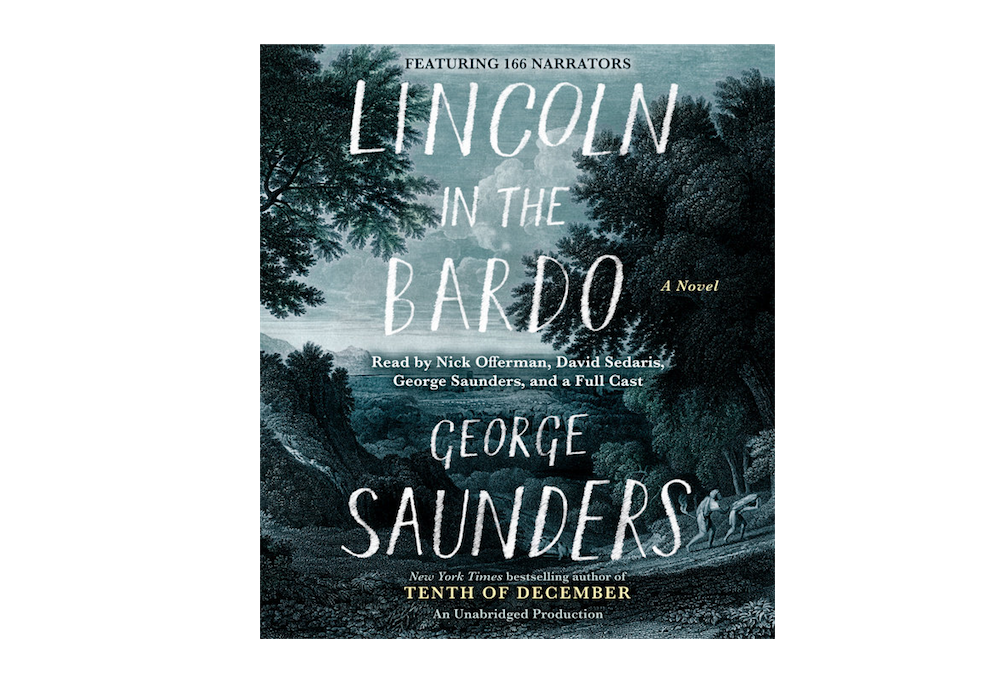I spectacularly DNFed Lincoln in the Bardo audiobook. I used to think the term “DNFed” belonged to the world of race running only – did not finish – but apparently it can be used for a book also. Failing at a book feels somewhat similar to failing at a race – you don’t expect it, as you chose the activity yourself, you trusted your senses and you went for it. You were sure it would be fine. And then suddenly – BAM! It becomes unfinishable, unbearable. Only recently you were excited, anticipating the process but now you long for nothing else but for it to be over already. It gets even more puzzling when you realize that others are doing just fine, gliding along, loving it.
The book got critical acclaim, Man Booker Prize in 2017! In such situations it’s so easy to start thinking there’s something wrong with you. But I’d rather accept there is than listen to a single more minute of it. Maybe a big part of the problem was that it was an audiobook. Had it been a usual book with actual pages and words, I would have been able to take pauses, study the paragraphs trying to figure out crosseyed with confusion what the hell was going on.
There are, you see, one hundred and sixty-six voices in the audiobook! Calling it “the best audiobook of the year”, Audible still had to mention that the book creates “immersive cacophony effect”. Immersive cacophony effect it surely is. It is a romanticised way of saying that it bloody hurts your brain! The voices infest your thoughts, cripple your ability to think clearly or even to press the stop button when you can take it no more. The story in the beginning is composed of paragraphs cut out from different other books and documents, glued together the way kidnappers in old movies glued ransom notes from newspaper letters. There is even a computerized voice that reads all annotations to the clippings, loud and monotonously, and there are very many of them.
I should have given in to my suspicions early on, when I saw the book being described as “experimental”. A book may be described as experimental when it simply fails to fit basic aesthetics of writing. Besides, this book surely did feel like an experiment. On humans.
And that is a shame because the “cacophony” did bring in interesting voices from time to time. I even wrote down one of the lines. It’s about a meat dish that’s being taken away after a big party is over. “…the animal carcasses, the meat […], trucked away to who knows where, clearly awful now, honest partial corpses once again, after brief elevation to the status of delight giving food”. That is genius, George Saunders can definitely write! I wish I was able to paddle through what he has done to his writing.


I had a ‘What’s the point?’ moment with the Lincoln in the Bardo ebook at around 30%, having been moved to tears much earlier. By then as far as I could see there was no longer any point at all. Clever but pointless. Perhaps it illustrated too clearly that life’s too short – so I stopped reading. My immediately previous read was La Belle Sauvage by Philip Pullman – outstandingly good in every way.
You read much more than I could listen to. I think you described it very well with “clever but pointless”. That’s exactly it! I haven’t heard about La Belle Sauvage until today. But now I heard about it from you and from a video blogger almost simultaneously. Looks like it’s a series. I should try it. I’m looking for some series to read, although I haven’t dived into fantasy yet.